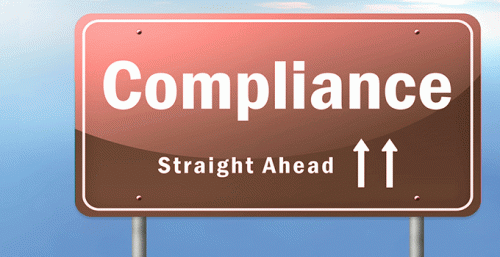Compliance
UK, Germany Give Futures Exchanges MiFID II Extension

The futures have until 3 July 2020 to make changes to abide with the new regime.
The greatly-anticipated European markets regulatory reforms of
MiFID II were overshadowed on its introduction yesterday as the
UK and Germany approved last minute reprieves to Europe’s biggest
futures exchanges to implement changes.
ICE Futures Europe and the London Metal Exchange were given an
extra 30 months to comply with rules related to trading and
clearing on the day they were due to come into force, according
to the Financial
Conduct Authority.
Eurex, the Frankfurt-based futures exchange owned by Deutsche
Börse, was also given a similar delay on Tuesday by BaFin,
Germany’s national regulator.
As a result, all futures have until 3 July 2020 to make changes
to abide with the new regime. The FCA said the extension was to
ensure the “orderly function” of clearing in Europe.
The sanctions only apply to one part of the MiFID II legislation,
which is designed to inject more transparency into
financial services by reforming areas such as research pricing
and reporting standards.
According to the Financial Times, the proposed reforms
of Europe’s clearing industry would potentially increase the
links between London and the rest of the European Union, which is
currently unknown with the logistics of Britain’s exit from the
EU still being discussed.
Preparations made last year for MiFID II were estimated to have
cost Europe’s asset management sector around $2.1 billion,
according to a report from Expand, a Boston Consulting Group
subsidiary, and HIS Markit. Opimas, another consultancy,
forecasted a bill exceeding €2.5 billion ($3 billion).